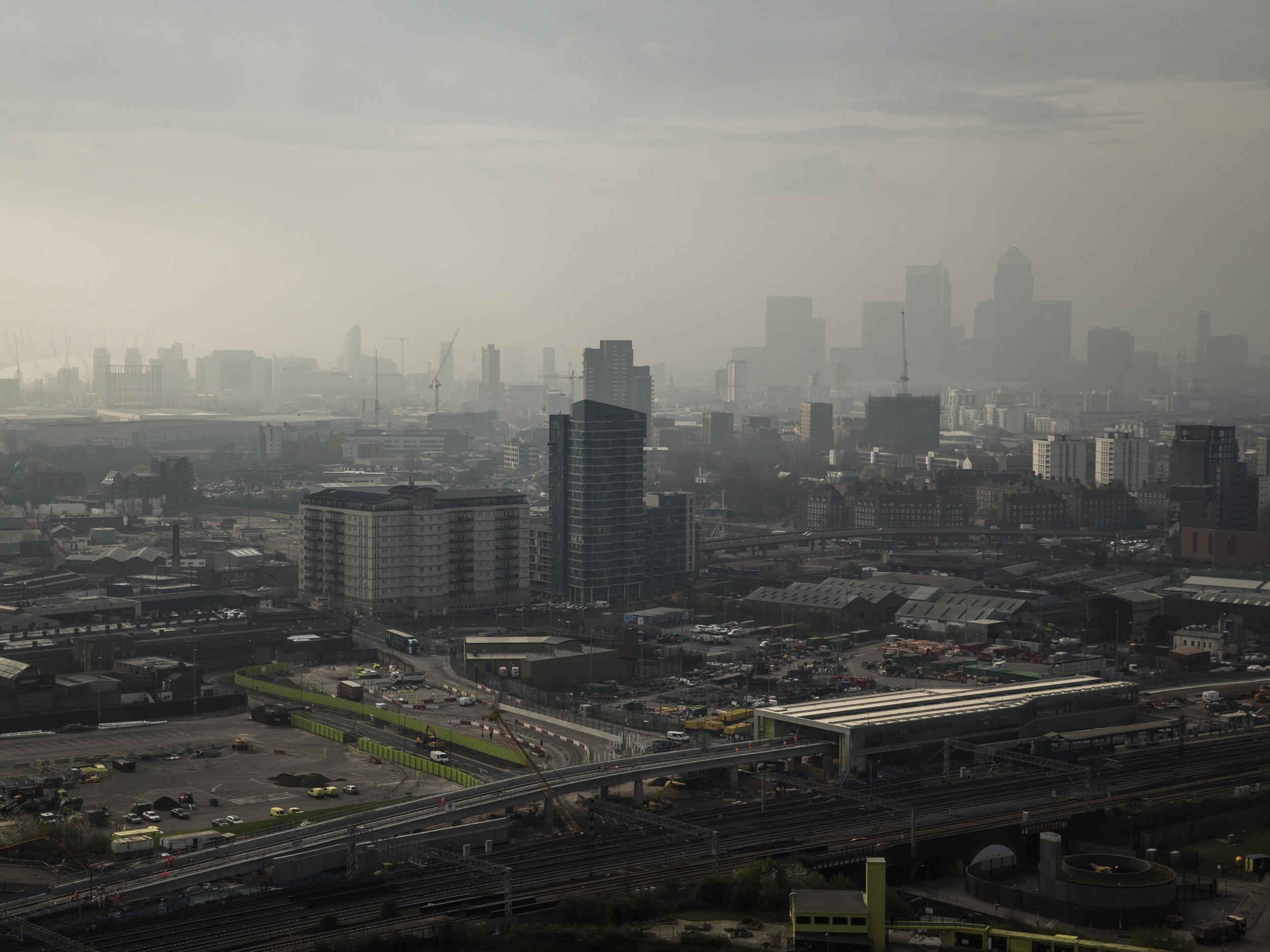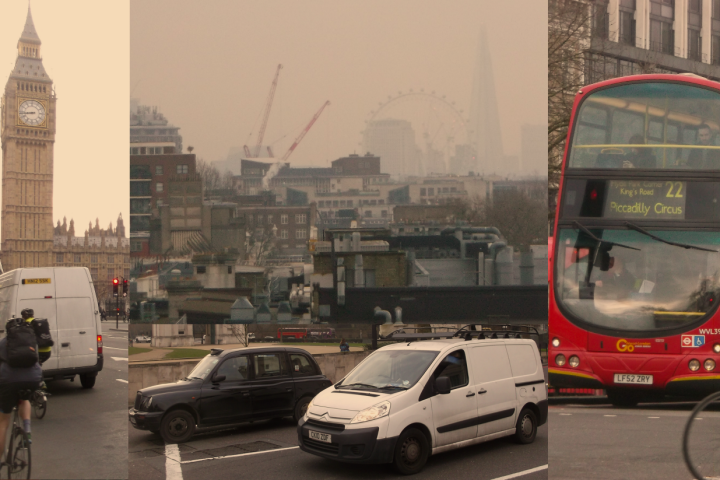It also called on individuals to take action, from burning only the “cleanest fuels” to “leaving the car at home on the school run”.
However, Boyd said ministers were “simply not doing enough”.
“The fact that they still have these weak standards and the fact that there are somewhere between 30,000 and 50,000 premature deaths in the UK?” he said. “That should simply not be acceptable in a wealthy, advanced society.”
And he warned that the official death toll was “just the tip of the iceberg”.
“If you are having tens of thousands of premature deaths,” he said, “you are also talking about millions of illnesses from asthma to lung cancer that don’t necessarily kill you but make lives utterly miserable.”
Boyd, who took up his post in August, said the crisis in the UK was part of a global public health emergency that kills between 6 and 7 million people a year.
He argued that the “vast majority” of these deaths are preventable “if we put stronger laws, policies and standards in place … we just need the political will.”
Children are among the most susceptible to toxic air. Last month the Guardian reported how youngsters in the UK were getting a disproportionate amount of air pollution during the school day. One primary school was found to have levels several times over the World Health Organization limit for the most damaging particulates inside its classrooms.
However, Boyd said he remained optimistic that the global air pollution crisis could be overcome, pointing out that repeated studies into the cost of tackling air pollution have shown “absolutely clearly that the net benefits are in the trillions of dollars”.
“There is no economic argument against cleaner air – in fact, this is one of those rare instances where our environmental objectives, our economic objectives and our social objectives line up very neatly,” he said.


